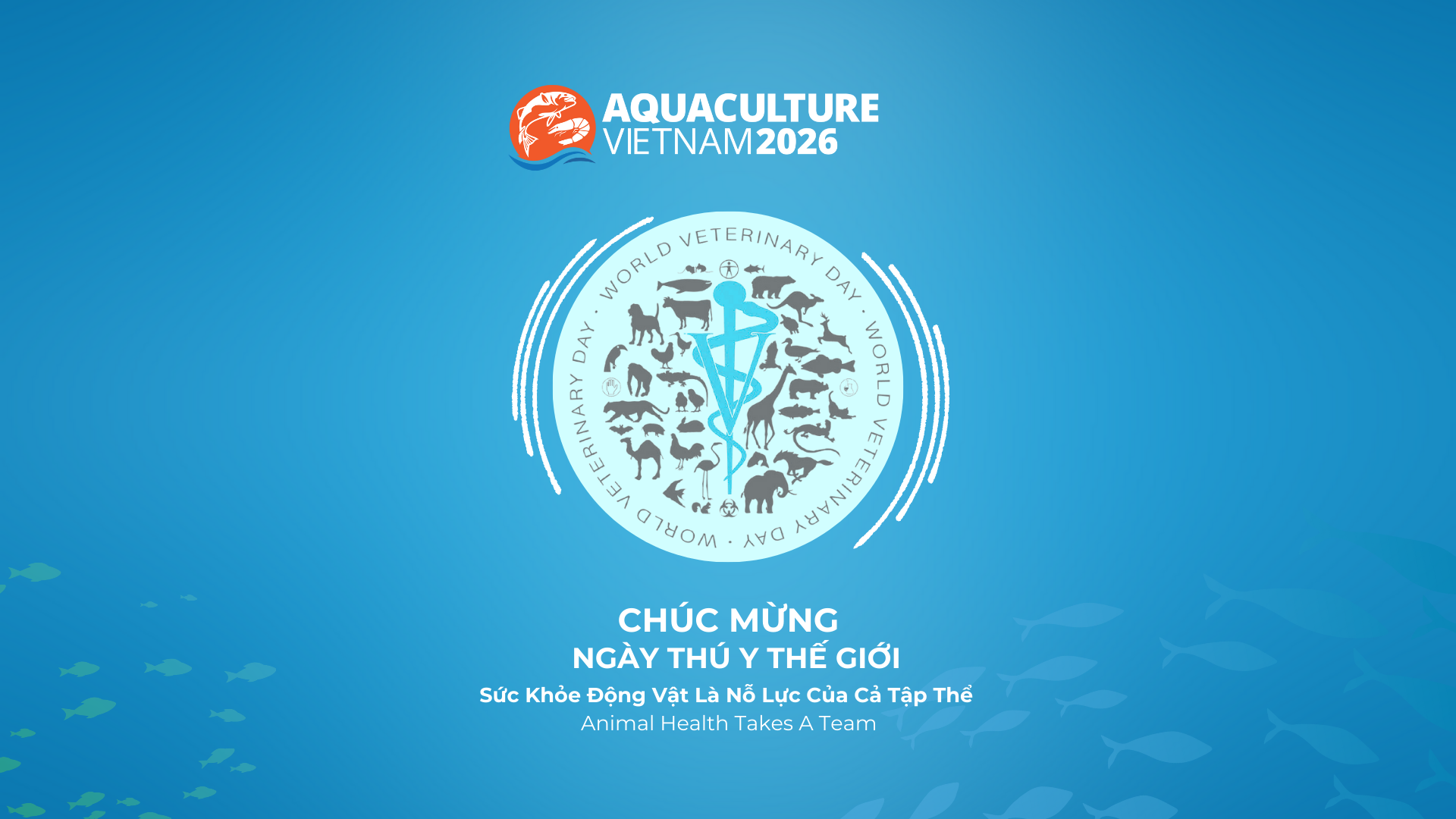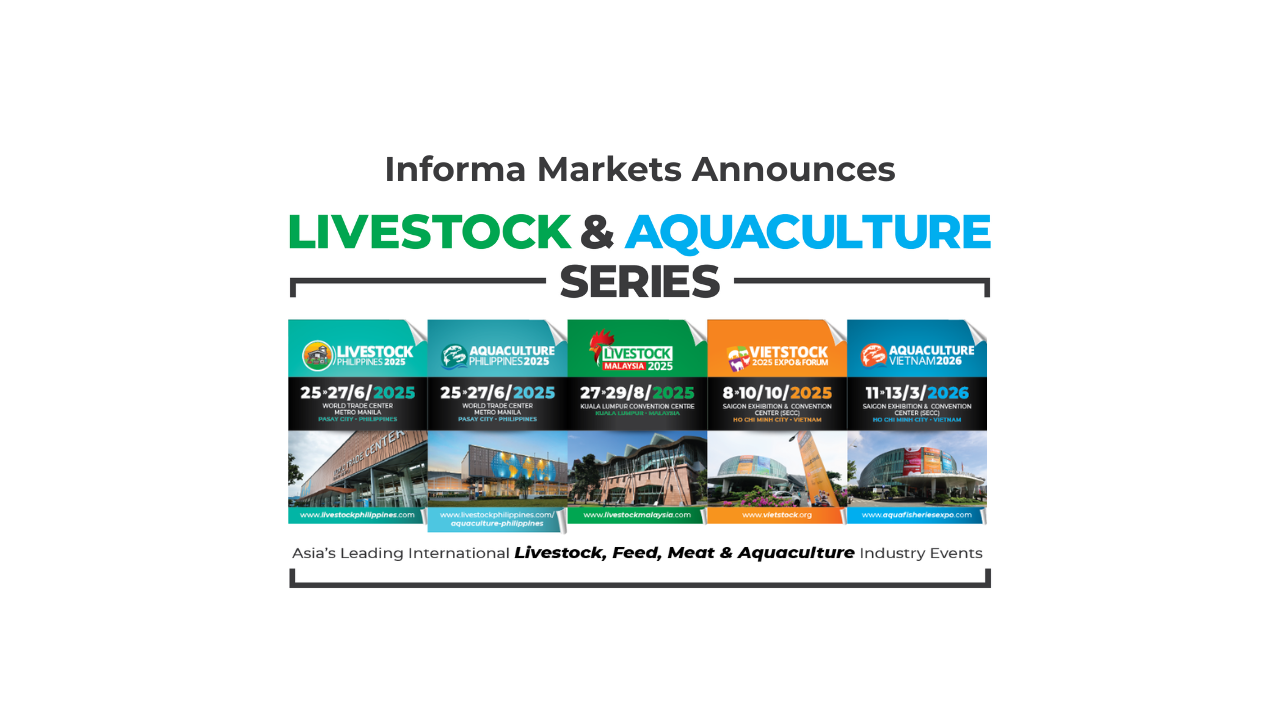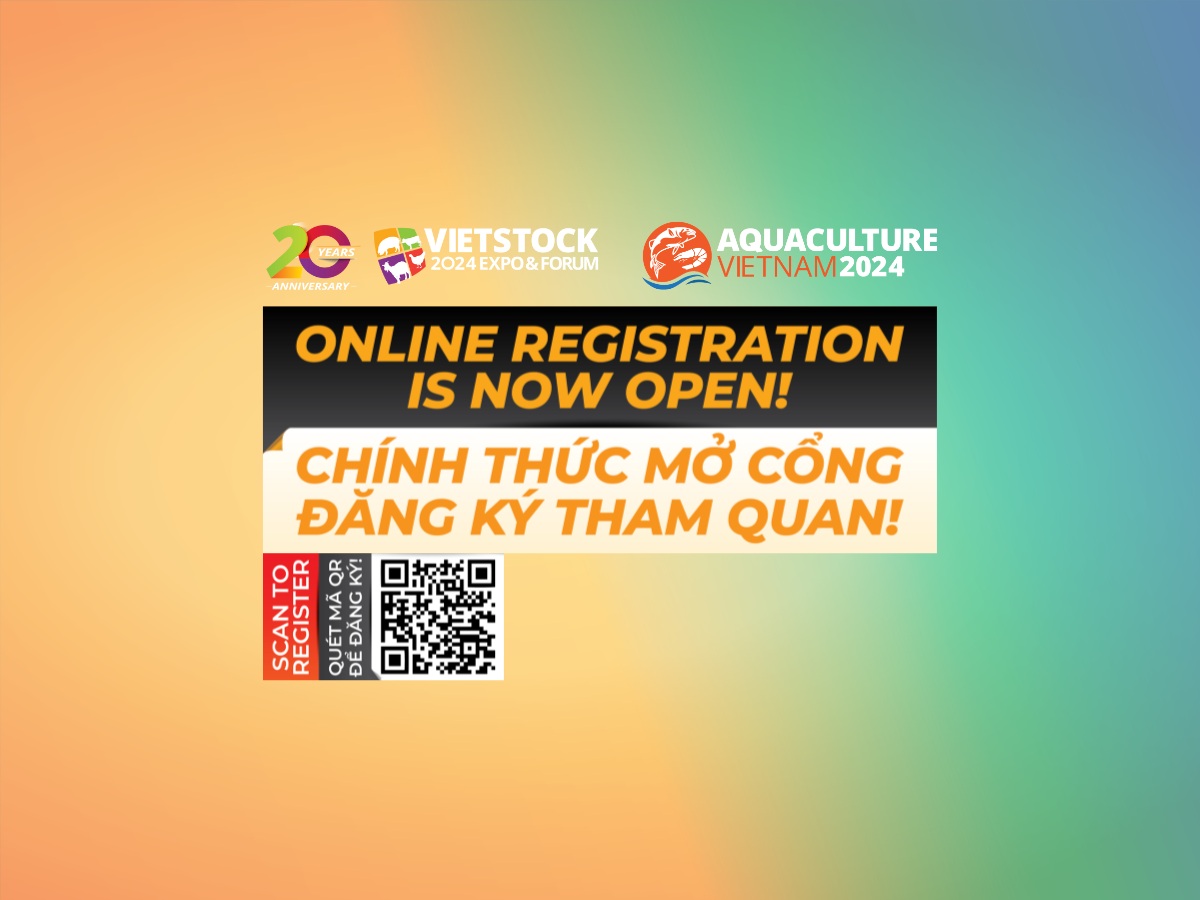Breaking through barriers: Vietnam’s seafood affirms its position in the EU
Vietnam’s seafood industry stands as a pillar of national exports, significantly contributing to national income and improving the lives of its citizens. Among Vietnam’s seafood export markets, the EU is a promising market with high demand and favorable payment terms. However, Vietnam’s seafood exports to the EU face various challenges and obstacles. Businesses are must enhance product quality and comply with stringent food safety regulations. Moreover, companies must avoid illegal, unreported, and unregulated (IUU) fishing practices, and effectively capitalize on the opportunities offered by the Vietnam-EU Free Trade Agreement (EVFTA).
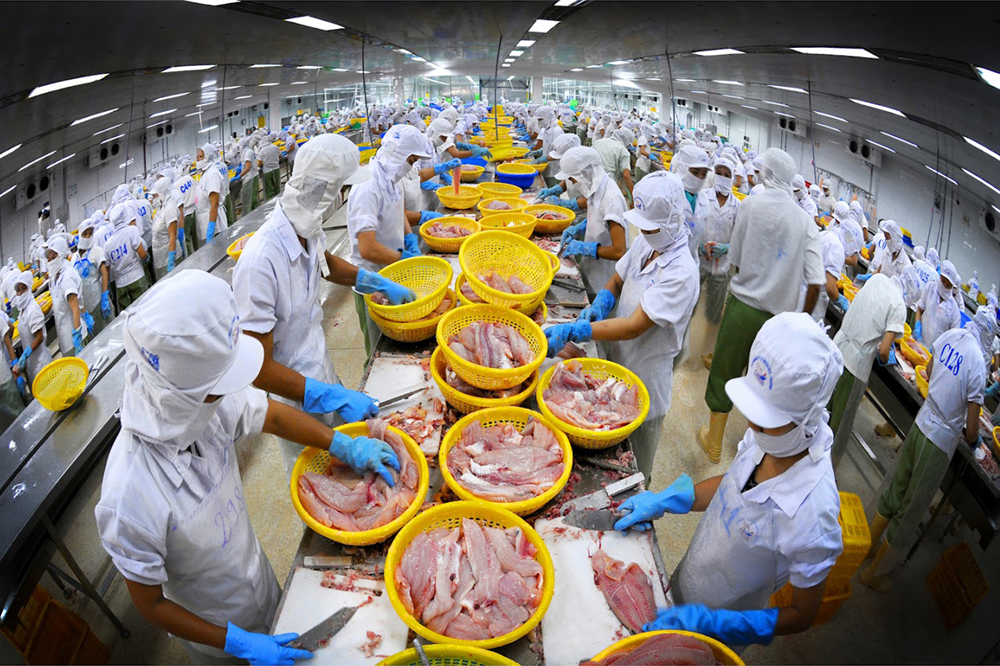
EU cracks down on IUU fishing, IUU ‘yellow card’ remains a barrier
In 2023, Vietnam’s seafood exports to the EU market significantly declined, reaching over 869.54 million USD, a 28.9% drop compared to 2022. This downturn is primarily attributed to the EU’s stricter regulations on Illegal, Unreported, and Unregulated (IUU) fishing, posing challenges to Vietnam’s seafood export.
Since receiving an IUU ‘yellow card’ warning from the EU in 2017, Vietnam has been actively addressing the issue by upgrading its fisheries management and traceability systems, while also raising awareness among fishermen about IUU fishing practices. However, many issues remain, making the process of removing the ‘yellow card’ warning challenging.
Despite the ongoing IUU challenge, seafood exports to the EU market continue to harbor immense growth potential, fueled by the favorable terms of the EU – Vietnam Free Trade Agreement (EVFTA). The agreement offers significant tariff reductions for Vietnam’s seafood products, particularly shrimp.
Significantly, tariffs on raw shrimp (fresh, chilled, and frozen) imported into the EU will be reduced from the current 12 – 20% to 0% immediately when the agreement takes effect. Import tariffs on processed shrimp will drop to 0% after 7 years from the agreement’s effective date. These substantial tariff reductions present a significant competitive advantage, enabling Vietnam’s seafood products to gain easier access to the EU market.
Furthermore, the EU market presents a significant opportunity for Vietnam’s seafood exports, driven by strong consumer demand for seafood products. With high average income per capita and growing health consciousness, EU consumers are increasingly seeking out premium and safe seafood offerings. This creates a favorable landscape for Vietnam’s businesses to tap into this lucrative market segment.
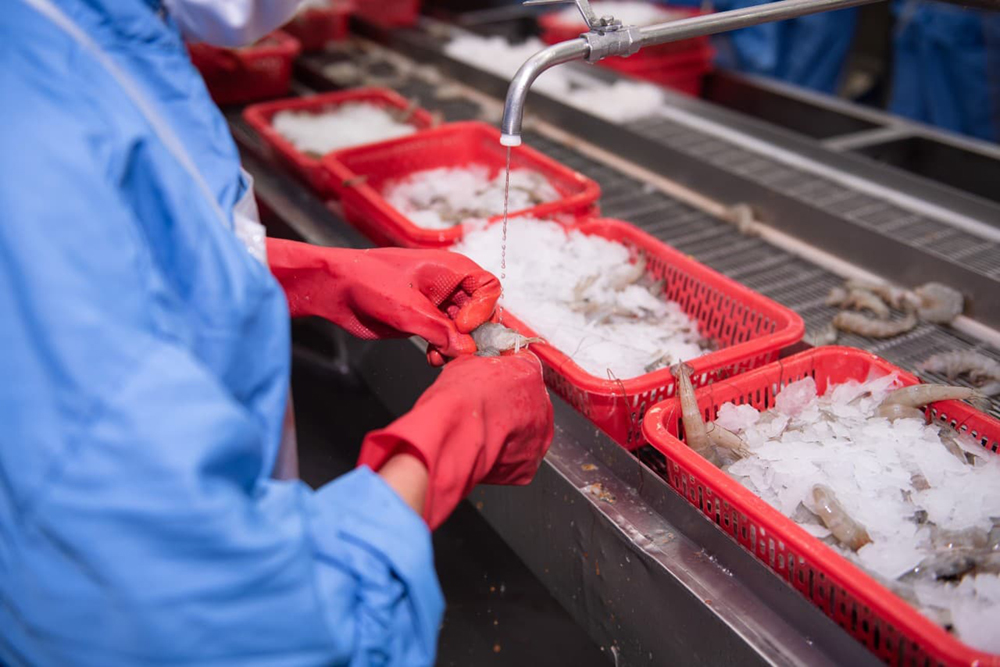
Immediate actions are required to overcome these pressing challenges
While the EU – Vietnam Free Trade Agreement (EVFTA) presents immense opportunities for Vietnam’s seafood industry, the path to success in this lucrative market is not without its challenges. Below are some critical issues that need to be addressed:
- Vietnam is currently facing an IUU ‘yellow card’ warning from the European Commission (EC), which is due to non-compliance with international standards on combating IUU fishing. Without effective remedial measures in 2024, Vietnam’s seafood industry risks being banned from exporting to the EU market.
- Under the EVFTA, seafood exports to the EU must meet specific rules of origin requirements and be accompanied by a EUR.1 Certificate of Origin. However, the current domestic supply of raw materials is inadequate to meet production and export demands for the EU market, creating difficulties for businesses.
- The seafood industry faces a growing threat from overfishing, environmental pollution, and climate change, which are depleting the raw materials needed for seafood production and export. This is a widespread issue in the industry, requiring long-term sustainable management and exploitation solutions.
- Compared to its competitors, Vietnam’s seafood production costs are higher due to high expenses for feed, veterinary medicine, labor, and transportation. This factor negatively impacts the competitiveness of Vietnam’s seafood products in the EU market.
- Labor demand in Vietnam’s seafood industry is currently outpacing supply due to competition from other sectors. This challenge threatens the industry’s production and export capacity.
Vietnam’s seafood export strategy to the EU
The high-potential EU market presents a prime opportunity for Vietnam’s seafood exports. To effectively tap into this market, a comprehensive strategy is required, including the following measures:
Enhancing production and processing capacity
This is the crucial foundation for producing high-quality products that meet the stringent standards of the EU. Focus should be placed on:
- Invest in cutting-edge equipment and production lines, and embrace new technologies to enhance efficiency and product quality.
- Strictly adhere to food safety and hygiene standards to ensure high-quality and safe products for consumers.
- Conduct thorough market research to understand EU consumer preferences and demands, diversifying products to meet the evolving market needs.
- Prioritize the development of unique and innovative products that offer competitive advantages over market rivals.
Promoting collaboration and integration
Cooperation and integration are key to expanding the market and increasing seafood exports to the EU. Encourage linkages between seafood businesses to enhance competitiveness in the export market, and share resources, market information, and business experience.
Leveraging the support of these organizations to effectively access the market, promote brands, and enhance trade promotion activities. Collaborating closely with relevant authorities to stay updated on EU policies, regulations, and standards, while providing support to businesses in complying with these requirements.
Proactively seeking and connecting with potential importers and distributors across the EU to expand export markets. Capitalizing on opportunities for technical cooperation, technology transfer, human resource training, and attracting investment from the EU to enhance seafood production, processing, and export capabilities.
Compliance commitment and improving enforcement effectiveness
To affirm its reputation and build trust with the EU market, Vietnam needs to:
- Conduct thorough research on the commitments in the Vietnam – EU Free Trade Agreement (EVFTA) related to seafood exports, ensuring complete and timely implementation.
- Strictly comply with EU regulations on seafood import and export, especially on avoiding illegal, unreported, and unregulated (IUU) fishing.
- Strengthen surveillance, inspection, and strict handling of violations in seafood production and export, protecting fishery resources and the marine environment.
Vietnam’s seafood exports to the EU have witnessed various challenges and opportunities. Increasingly stringent import regulations and quality requirements, along with the fluctuations in the international market, require continuous improvement and enhanced competitiveness from Vietnam’s businesses. However, with its potential and resources, coupled with sustainable development strategies and technological innovations, Vietnam’s seafood industry is fully capable of overcoming these challenges, thus striving better in the EU market.
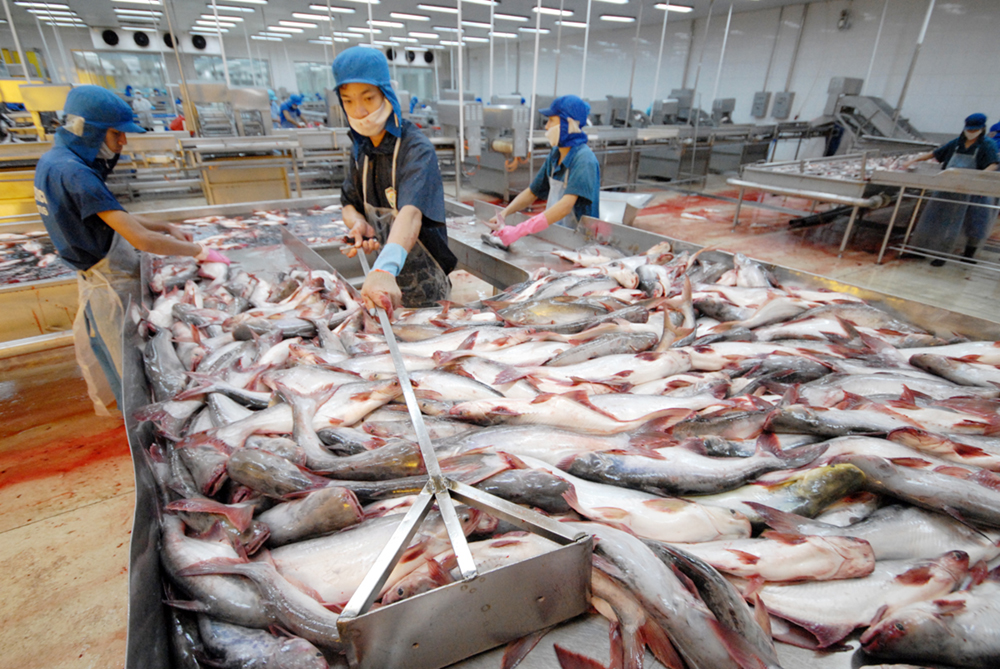
Amidst this dynamic landscape, seeking collaboration opportunities, while enhancing knowledge and technology is crucial. Aquaculture Vietnam 2024 emerges as a pivotal event, bringing together leading experts, businesses, and investors in the aquaculture sector.
Aquaculture Vietnam 2024 – Where all the aquaculture experts meet
Promising a wealth of valuable insights and unparalleled networking opportunities, Aquaculture Vietnam 2024 is your gateway to transform your aquaculture business to reach international standards, gain competitive edge, and thrive within the EU and global seafood industry landscape.
Aquaculture Vietnam 2024 is not just a platform for showcasing the latest advancements in aquaculture products, services, and technologies. It also serves as a valuable forum for fostering, learning, and collaboration among businesses, experts, and government agencies from both Vietnam and internationally.
Aquaculture Vietnam 2024 features a series of technical seminars led by renowned experts, industry associations, and academia. These seminars are designed to provide participants with invaluable knowledge, insights, and perspectives to elevate their understanding of the aquaculture landscape in Vietnam.
Aquaculture Vietnam 2024 emerges as a beacon of opportunity for Vietnam’s aquaculture businesses, offering a gateway to expand market reach, solidify brand presence, embrace industry trends, forge global supplier partnerships, and elevate operations with cutting-edge technology.
Aquaculture Vietnam 2024, held concurrently with Vietstock 2024, will take place at the Saigon Exhibition and Convention Center (SECC) in Ho Chi Minh City, from October 9 to 11, 2024. This premier event will serve as a one-stop destination for industry professionals, providing an immersive journey through the entire aquaculture value chain, encompassing farming, harvesting, and processing.
Aquaculture Vietnam 2024 promises to be an unparalleled gathering, attracting over 400 exhibitors and 13,000 trade visitors from 50 countries and territories. Don’t miss out on this once-in-a-lifetime opportunity. Secure the best spot for your stand right away!
Pre-registration: https://ers-vn.informa-info.com/vsv24
Book a stand: https://www.aquafisheriesexpo.com/en/dat-gian-hang/
——————
Info box:
- Exhibiting: Ms. Sophie Nguyen – [email protected]
- Group Delegation Support: Ms. Phuong – [email protected]
- Marcom Support: Ms. Anita Pham – [email protected]

